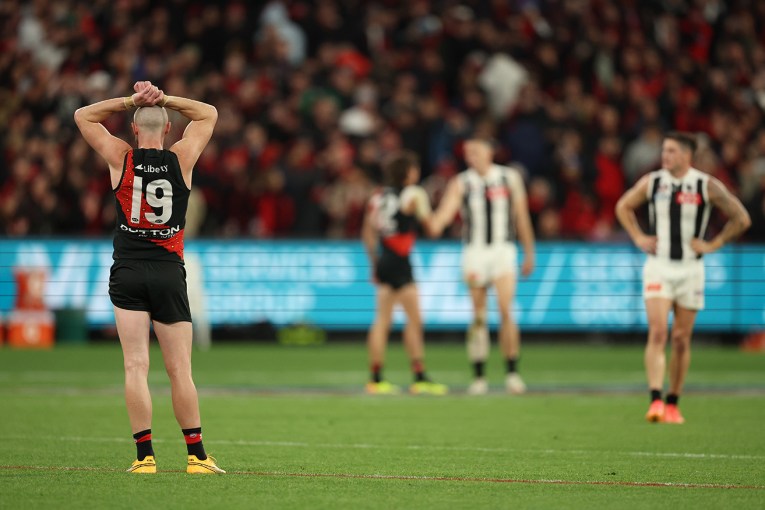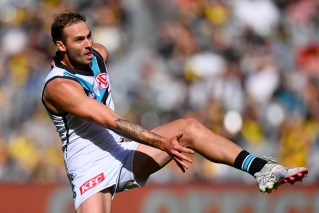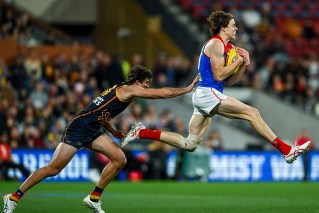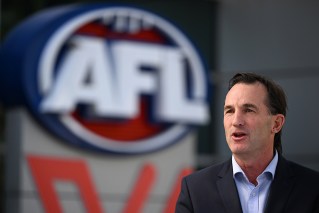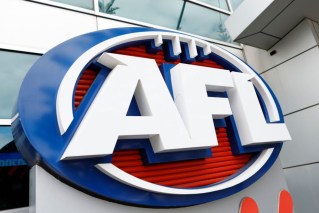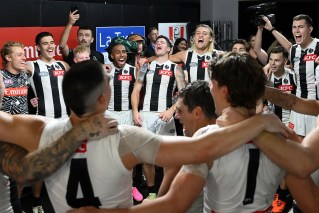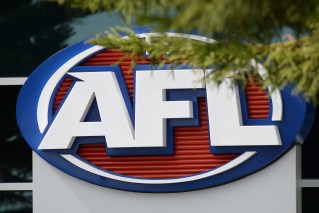The court that will decide Essendon’s ultimate fate
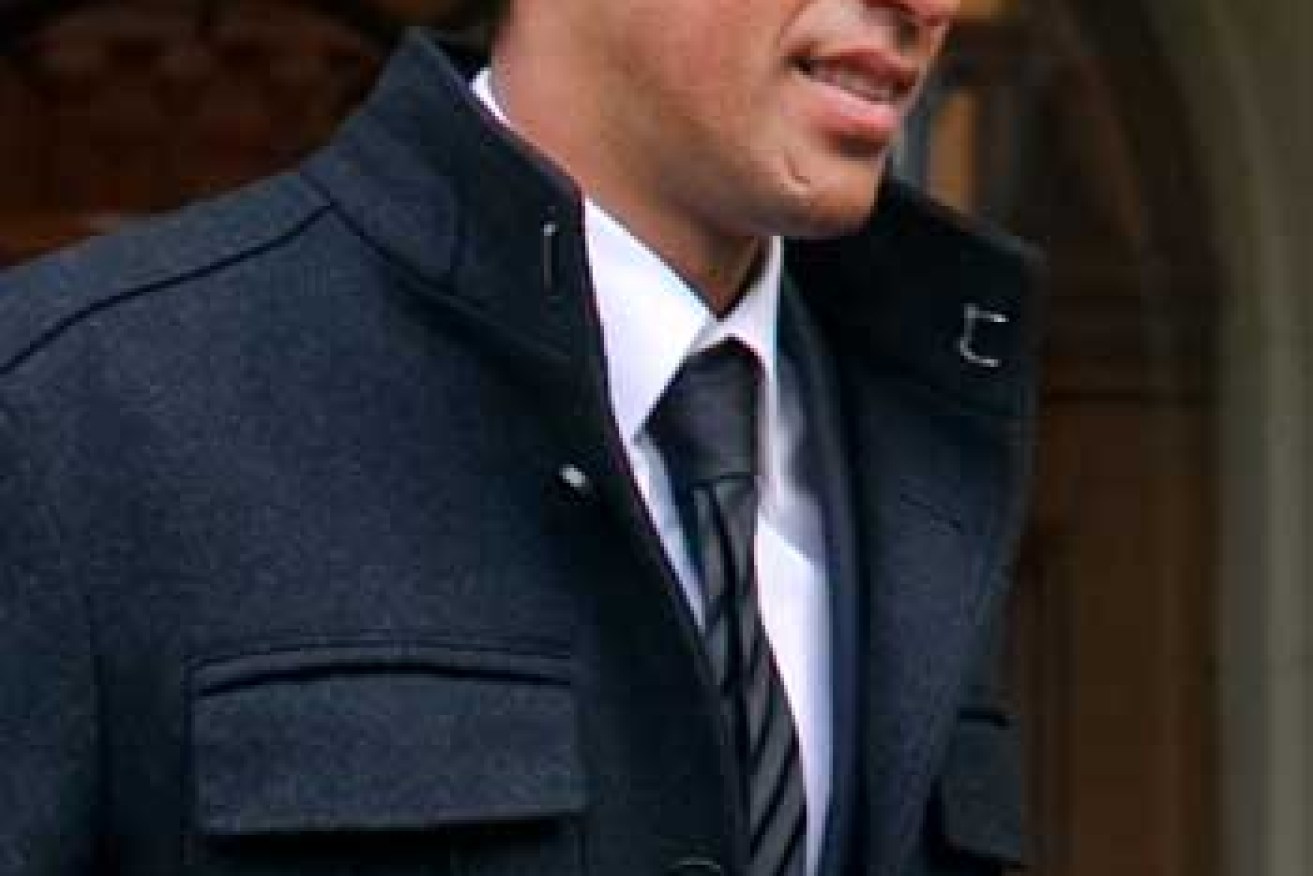
Spanish cyclist Alberto Contador leaves the Court of Arbitration for Sport in 2011. Photo: Getty
Few people have even heard of the AFL in Lausanne, yet this quaint little Swiss city is the headquarters of a court that will write the next chapter of the messiest, most controversial saga in Australian football history.
The last-minute appeal by WADA against the AFL Anti-Doping Tribunal’s decision to clear 34 past and present Essendon players of using banned substances will be heard by the Tribunal Arbitral Du Sport (Court of Arbitration for Sport), a global body that serves as the sporting world’s equivalent of the International Court of Justice.
• Sport, drugs and gangsters: why we need WADA
• James Hird ‘in shock’ over WADA appeal
• Essendon won’t be fazed by appeal: Watson
• Vocal hero: why Mitch Clark’s battle inspires
After ASADA chose not to appeal the Anti-Doping Tribunal’s verdict it was not “comfortably satisfied” the players had taken Thymosin Beta-4, it was widely expected that WADA would likewise choose not to escalate the case to the international court.
Addressing the media on Tuesday, shell-shocked Essendon coach James Hird – who claimed to have found out about the decision via a 6am email – said the decision to drag out the two-and-a-half year saga even further came as a surprise to the club, but would not derail the season.

Spanish cyclist Alberto Contador leaves the Court of Arbitration for Sport in 2011. Photo: Getty
“Unfortunately, the players know how to deal with it because we’ve been living through it,” he said.
“The advice and the way in which it will play out hasn’t been discussed yet. We haven’t met with our lawyers yet.”
The AFL Players’ Association (AFLPA) issued a statement noting the strain the decision will place on the affected footballers, three of whom now play for clubs other than Essendon.
“We are extremely disappointed for the players, who have had to endure over two years of uncertainty and will now have to endure further stress and the inevitable disruption to their playing careers,” the statement read.
ASADA CEO Ben McDevitt said his organisation fully supported the appeal.
“ASADA has handed over a comprehensive brief of evidence to assist WADA in its preparation for the CAS hearing,” he said.
If the case is handled by usual Court of Arbitration for Sport (CAS) protocol, a three-member panel will review the case, with both WADA and Essendon eligible to choose one member each from a list of roughly 300 CAS-approved independent arbitrators, while the third member would be selected by mutual agreement from WADA and Essendon or failing that, by the President of the Ordinary Arbitration Division.
3AW football commentator and sports lawyer Darren Boyd told The New Daily that WADA faces an uphill battle at the international court.
“Appeals are difficult to succeed at – these days the panels at first instance, like the original AFL panel, are extremely experienced decision makers,” he said.
He said that WADA were likely making the appeal “on principle” to send a message to the international sporting community.
Boyd noted that even if this appeal fails, there exists an “extremely unlikely” possibility that another appeal could be lodged with the Swiss Federal Tribunal.
While the CAS headquarters are located in the Swiss Alps, Boyd said the panel would likely sit in Melbourne for the case.
Failing that, the CAS might opt for Sydney, where it already operates a registry office.
Not exactly AFL heartland, but at least they have heard of the game.
Notable cases heard In world sport’s Supreme Court:
– Uruguay forward Luis Suarez’s unsuccessful 2014 appeal against his four-month ban for biting Italy defender Giorgio Chiellini in a World Cup match.
– An appeal made by the UCI and WADA over the Spanish Cycling Federation’s decision to clear cyclist Alberto Contador of using a banned substance. In 2012 the court overturned that decision, ruling Contador be stripped of his 2010 Tour de France title.
– Italian cyclists Franco Pellizotti and Pietro Caucchioli’s unsuccessful 2011 appeal against doping charges based on their biological passports.
– The British Olympic Association’s unsuccessful 2011 request to be able to ban drug cheats such as sprinter Dwain Chambers for life.
– The Northern Ireland football association’s unsuccessful 2010 appeal against FIFA’s decision to allow the football association of Ireland to select footballers with no blood link to the Republic of Ireland.
